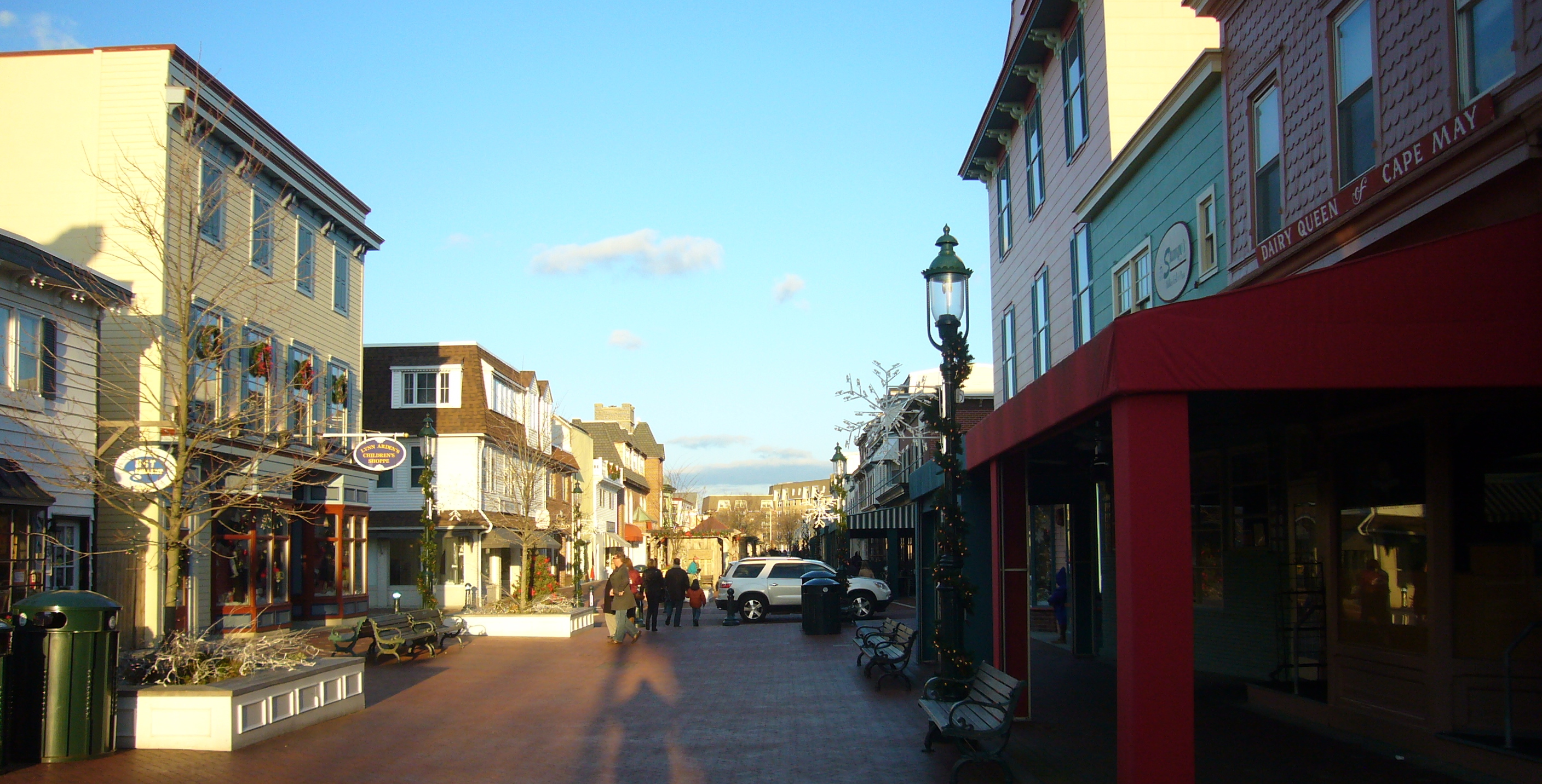It’s possible to see our Possible Jersey challenge as a game, using Commons Credits and JerseyBucks™ as tokens. These tokens may eventually be able to be exchanged for conventional currency, or for goods and services within the communities that accept them, or may be donated or invested.
Of course, it is more than a game. It’s a game that’s played in the real world, with other people (including people who may fail to recognize it as a game), and with other living beings on the planet Earth. The objective of the game is to make the world a better place, and at minimum to avoid the disasters that science tells us are looming in the not-too-distant future. The players are entrepreneurs, inventors, activists, and perfectly ordinary people who wish to step out and try something new.
Buckminster Fuller demonstrated the power of acting solely for the public good. He considered himself “an ordinary person,” blessed with certain capabilities but certainly not many others, including the practical abilities needed to run a business or make a living. He went bankrupt several times, and in many respects failed and let down his friends; but in the end he made a much larger contribution to society and to everyone coming after him than even he may have imagined. (The Buckminster Fuller Institute continues to make the same kind of difference by offering an annual prize for “bold, visionary, tangible initiatives focused on a well-defined need of critical importance.”)
But it is not necessary to be a genius, or to have a world-changing idea, in order to play the game. It’s simply about making a difference, where you are, whoever you are, and whatever your interests.
In essence, the game consists in looking at your vision of what’s possible in New Jersey, and translating that into action.
Possible Jersey offers several kinds of support for accomplishing projects that you might not have considered doable. It offers JerseyBucks™ (and sometimes real dollars) for initiatives that benefit people, the Earth, and other living species. It also helps players turn their passions into self-sustaining missions, organizations, and public goods through socially-responsible business and nonprofit activities.
You can read more about how we do this in our current Program Guidelines, always understanding that the game itself is open to change. Because we’re talking about innovation, evolution, and emergence we cannot predict what the outcomes will be. At the very least, though, you will have an opportunity to articulate your ideas and insights as to what will benefit your community, your state, and society as a whole. Ideas judged to be congruent with the objectives of A Possible Jersey will be published, promoted, and supported with a combination of tokens and conventional currency.
Participants in the game are also invited to be judges, critics, team members, and mentors in the projects submitted by others. The more a player’s ideas are viewed as representing the common good, the more weight their opinions are given in deciding on the value of others’ proposals.
This can be viewed as a form of collective intelligence, somewhat akin to the MIT model (in which, incidentally, CRCS has participated successfully, with Delton Chen’s Global4C proposals for mitigating climate change receiving several awards). It is also, fairly obviously, a form of curated peer review, of the sort widely used for everything from judging consumer products to recommending books and music congruent with the user’s preferences or tastes.
And in case you feel that the game is an interesting idea, but impractical, consider it a “nudge” — a technique successfully used in behavioral economics — to get people engaged in creating new possibilities for the future. (See “Nudging Things Along.”)

